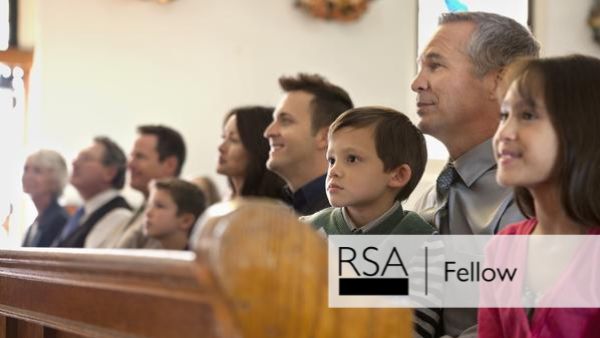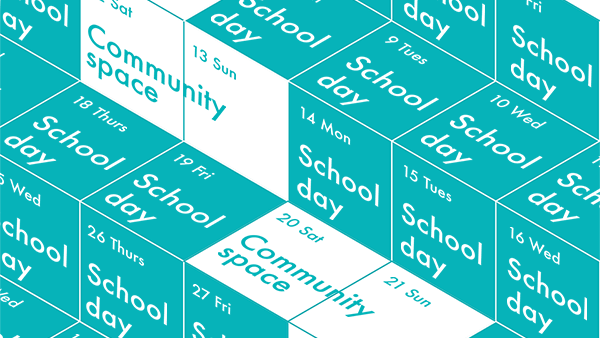About 50 years ago, the great Harvard sociologist Talcott Parsons wrote that the professions have: "become the most important single component in the structure of modern societies." In an increasingly complex society do we need the professions more than ever in helping us to negotiate the world about us? Or conversely, at a time of much emphasis on empowered investors, stakeholders and citizens is the need for professions diminishing?
Traditionally, there has been a massive asymmetry of information between the knowledge that specialists and the public have. This is now melting away. We can see this even in the medical profession where greater access to information has made patients more aware. So, the question is how do professions – and in particular the accounting profession so implicated in financial crisis – modernise themselves to adapt to these new realities? How do we calibrate what the public interest is and how it can be served?
It is these kinds of questions that will be addressed as part of a new partnership between ICAEW’s AuditFutures initiative (www.AuditFutures.org) and RSA. The Society’s mission rests on the notion of professionals, managers, entrepreneurs and others seeing the value of working together in a spirit of innovation for the wider public good. We want to take bring to this mission contemporary thinking about the audit profession with the aim of engaging stakeholders from accounting firms, academia and civil society in a positive debate. While auditing may seem like a dry subject, it is essential to ensuring accountability and public scrutiny. The auditor could be a trusted professional, who adds value to the whole of the capital markets and in some cases the wider community, by helping to ensure that information that is reported is true and fair, but also valuable to the community that uses it.
Our aim is to help redefine the role of the profession within the context of today’s public interest and to formulate a vision for the highest aspirations we can have for audit in the 21st century. To this end there are a number of key areas to explore and we would welcome your thoughts on the following questions.
First, what is it we mean when we talk about the public interest in the context of audit? Who does audit benefit and who has a legitimate influence on how it operates? What are the needs that the audit profession should aspire to serve?
Second, given the distance of the audit profession from most people’s daily lives, how can the profession develop the characteristics of a modern profession that enjoys public trust? Are there other professions whose journey is instructive?
Finally, the audit profession is vital to the wider debate about trust in institutions – public and private - and value for money. In a context of more complex and increasingly opaque systems, is there a new role for auditing to shine light? What are the new areas in this changing landscape where we need trust and assurance?
One of our challenges will be to get people engaged and to capture their views on the subject. This RSA Comment piece is part of our wider strategy in this respect: you may be within the audit profession, have experienced how it operates in the private or public sector, or have strong views about how the professions need to evolve in the service of society. Either way, we would like to hear from you. In our work we have focused on these key questions but would welcome wider insights.
You can send your responses to Martin Martinoff via email: [email protected]. All responses will be held in confidence and explicit permission will be sought before any are quoted in the project’s report. Please indicate if you are willing for us to contact you to follow-up on your remarks.
To correct this error:
- Ensure that you have a valid license file for the site configuration.
- Store the license file in the application directory.
Related articles
-
Under the influence
Kate Eichhorn
Does the online world really offer young women and girls more power than ever before?
-
How churches are contributing billions to the social good of our nation
Nigel Walter
Can you measure the value of mental health, wellbeing and food for the family on a spreadsheet? The National Churches Trust has done just that, and the figures are staggering
-
Building connections
Ian McShane Benjamin Cleveland Philippa Chandler
The pandemic should make us rethink schools as critical neighbourhood infrastructure, one for all the community to engage with.



Be the first to write a comment
Comments
Please login to post a comment or reply
Don't have an account? Click here to register.